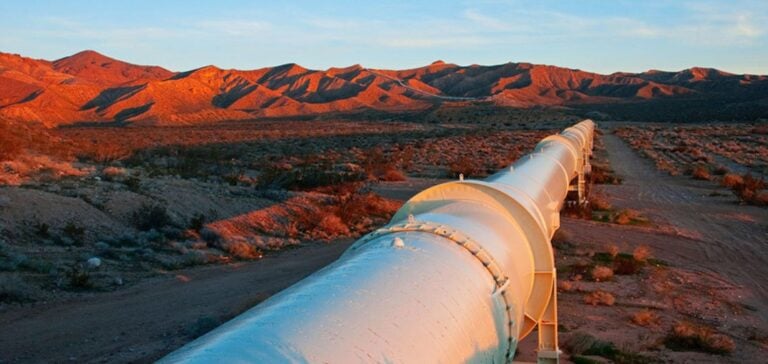On March 29, 2024, a crucial piece of information emerged from Juba, revealing the shutdown of a strategic oil pipeline in Sudan. The latter, essential to South Sudan’s economy, suffered a “major rupture” in February, in an area of military operations linked to the conflict between General Abdel Fattah al-Burhane’s army and Mohammed Hamdane Daglo’s Rapid Support Forces. This interruption, highlighted in a letter dated March 16 from the Sudanese Minister of Energy, constitutes a case of force majeure, suspending the obligation to deliver crude oil.
Immediate economic and humanitarian consequences
This alarming situation has plunged South Sudan, 90% dependent on oil revenues, into an unprecedented economic and humanitarian crisis. MP Boutros Magaya warned of an “imminent economic crisis”, with losses estimated at $100 million a month. This crisis is likely to lead to fuel shortages, price hikes, and further political and security instability in an already fragile state. Akol Maduok, head of the economics department at the University of Juba, predicts a rapid depreciation of the South Sudanese pound, exacerbating the economic crisis. The central bank could soon exhaust its foreign exchange reserves, amplifying the country’s economic difficulties.
Political stability at risk
The absence of oil revenues directly threatens the stability of the South Sudanese government, which has already been struggling to pay its civil servants for nine months. Boboya James Edimond, of the Institute for Social Policy and Research (ISPR), a Juba-based think-tank, stresses that without oil revenues, “there will be a collapse of the government” which could lead to protests and potentially military support for the demonstrators. The conflict and the shutdown of the pipeline are seriously jeopardizing the elections scheduled for December. Andrew Smith, analyst at Verisk Maplecroft, points out that any funding received is likely to be diverted to satisfy the political elite, leaving few resources for electoral preparations in a country already notorious for its corruption.
The interruption of the oil pipeline in Sudan, exacerbated by the ongoing conflict, represents a direct threat to the economy and stability of South Sudan. This crisis underlines the country’s vulnerability to external shocks and highlights the complex challenges it faces in a context of regional fragility and internal tensions.





















